Sasha Jethwani, YouthIncMag
Don't let the monsoon showers affect your hygiene. Follow these precautions to stay healthy.
As much as we love the monsoon, it does come with its share of health woes.
Carefree eating habits and indulgences in unhealthy food are the reason behind the rise in sicknesses during this season.
Here are few precautions for a safe and healthy monsoon.
Avoid leafy vegetables
Although green leafy vegetables are nutritious and hence important for our body, it is advisable to avoid them during the monsoons.
At this time green leafy vegetables serve as a hotbed and breeding ground for germs, insects and rodents as they are constantly exposed to water and therefore water-borne microbes.
Eating them may upset your stomach and may even cause diarrhoea and food poisoning.
If they are unavoidable, rinse and clean the vegetables thoroughly with salt water before cooking and/or eating.
Courtesy:YouthIncMag.com

Please click NEXT to continue reading...
Say no to seafood
Image: Avoid consuming raw fish or seafood that is not cooked well.Photographs: Bazuki Muhammad/Reuters
Since fish breed during the monsoon, they should be strictly avoided.
If you do give in to temptation, make sure the fish is fresh and cooked well or else you might end up with severe stomach ache.
Try your best to stay away from sushi as it is completely raw and has a higher chance of giving you an illness.
Please click NEXT to continue reading...
Cut down on oily food
Image: Reduce the intake of oily food in your daily diet.Photographs: Biser Todorov/Wikimedia Creative Commons
Reduce the consumption of oily food -- oil hampers the digestive capacity of our body.
Monsoon causes water retention and bloating.
Since oil doesn't mix with water, it can lead to an upset stomach.
Avoid heavy oils such as sesame and mustard; instead go for dry oils like corn and olive oil.
Please click NEXT to continue reading...
Minimise intake of fruit juices from outside
Image: Golas, kulfis are at risk for contamination.Photographs: Jason Reed/Reuters
Juices from roadside stalls are a strict No-No because they are probably made with unfiltered water.
Even if a juice is home-made, it should be consumed immediately to avoid risk of contamination.
During monsoon, fruit juices, golas, kulfi, yoghurt, buttermilk, sugar cane juice, srikhand, etc should be kept at arms length.
Please click NEXT to continue reading...
Don't heat food items often
Image: Repeated heating of food accelerates bacteria growth.Photographs: Lucas Jackson/Reuters
Growth of bacteria is rapid during the monsoon and repeated heating of food items further accelerates it.
Prepare food as per requirement and consume immediately.
Food should be fresh, as stale food leads to an increased population of pathogenic bacteria.
Please click NEXT to continue reading...
Clean water is everything
Image: It is important to stay hydrated during the monsoon.Photographs: Matt King/Getty Images
Contaminated water is the primary vehicle for the rapid spread of water-borne diseases during the monsoon.
Avoid store-bought water.
Boil your drinking water (even the water from water filters) to kill the harmful micro-organisms and other impurities that might have found their way in.
Keeping water intake high and your body hydrated is of utmost importance.
Please click NEXT to continue reading...
Ditch outside food
Image: Avoid street food and replace them with home-cooked food.Photographs: Bala/Wikimedia Creative Commons
Nothing boosts immunity like eating home-cooked food.
Enrich your diet with whole fruits, antioxidant rich foods, and foods containing vitamin A, C, E and zinc besides B6, B12 and folic acid.
Make sure everything you eat -- at home, of course -- is both light and fresh.
Please click NEXT to continue reading...
Ensure a balanced diet
Image: Include fresh fruits and veggies in your diet.Eat in small portions and at regular intervals.
The monsoon slows down your digestion, so large portions and heavy food can lead to indigestion.
Make it a point to eat fruits like cherries, bananas, apples, pomegranates, plums, litchis and pears, and vegetables like carrots, radish and fenugreek as part of your regular diet as they help speed up
digestion.
Green tea is also a healthy option for quicker digestion.
Please click NEXT to continue reading...
Montage illustration by Dominic Xavier/Rediff.com
Exercise
Image: Proper exercise helps you maintain your health and stay warm.Photographs: Urbane Women Mag/Creative Commons
Exercise regularly at home as the weather limits your physical activity and might hamper your otherwise healthy workout routine.
If you are an early morning person, try yoga, pilates or zumba indoors.
It will help maintain your body, your digestive tract and your overall health.


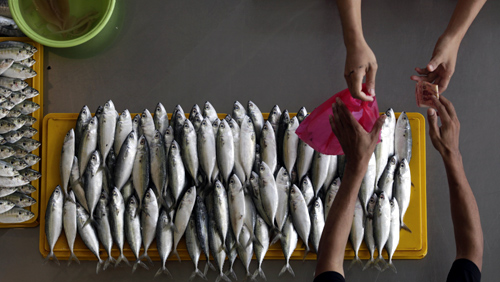
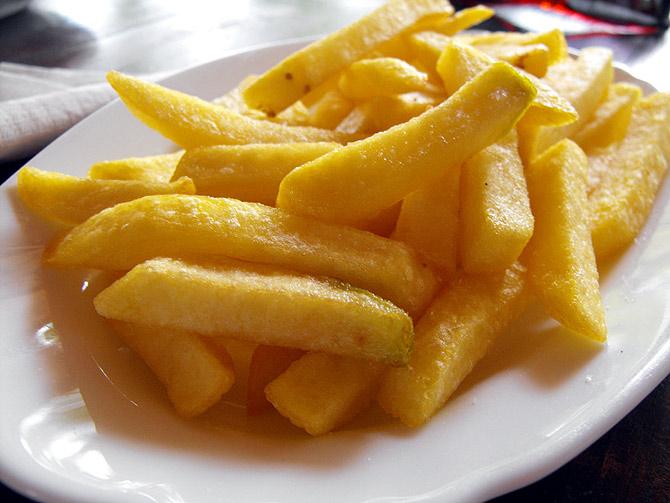

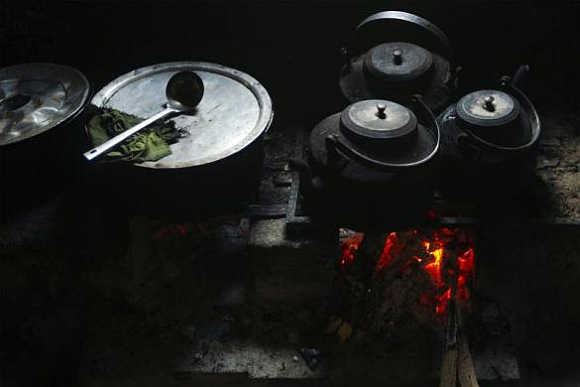

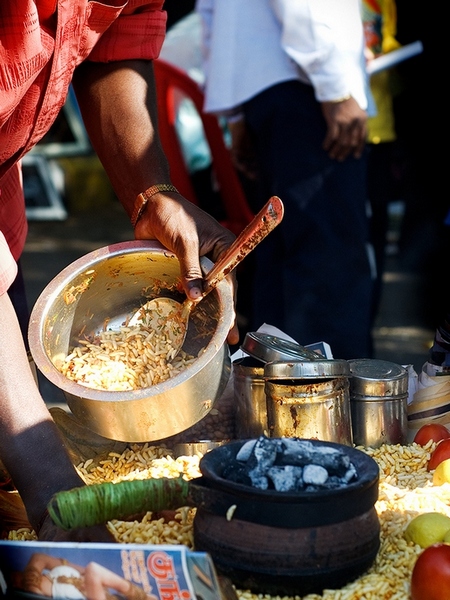
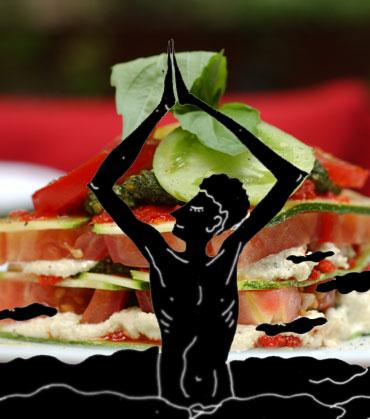

Comment
article